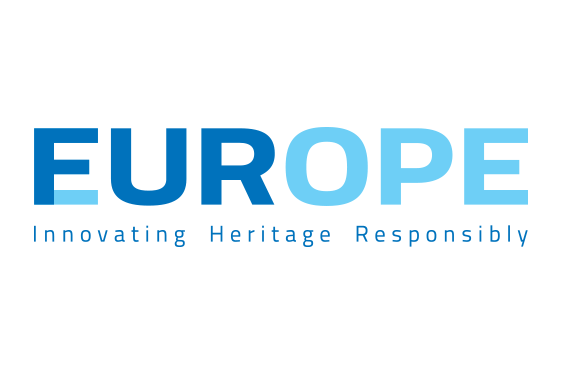Sustainability

Jul 18 2019 - Fur Europe is currently hiring a full-time intern for the duration of 6 months to start on 16 September 2019. The successful candidate will join an informal, yet highly professional and collaborative working environment and a dedicated multi-national team and will assist Head of Policy and Head of Sustainability Standards efforts on sustainability, environment and EU policy.
ABOUT THE POSITION
Support in mapping the new EU institutional architecture (European Commission in particular);
Report to Head of Policy, Head of Sustainability Standards;
Monitor institutional activities (mainly European Parliament and Commission) and regulatory developments in circular economy and sustainability; animal health and welfare, biodiversity; trade policy and internal market;
Support the Head of Sustainability Standards in delivering rules and studies on the sector’s environmental performance within the framework of EC’s Product Environmental Footprint method;
Assist the Head of Sustainability Standards in the collection and processing of data from the supply chain;
Monitor and analyse sustainability programmes in Europe and globally, particularly focusing on fashion, livestock and waste management;
Assist the Head of Policy and the Head of Sustainability Standards in the development of briefings, factsheets, position papers, internal surveys, and answers to public consultations;
Attend meetings and working groups with public and private stakeholders, conferences alone and/or with the Head of Policy and the Head of Sustainability Standards;
Support the Head of Policy in the development of EU-related events;
Weekly monitoring of the main EU portals;
Ad hoc support in dealing with membership engagement/queries.
ABOUT THE CANDIDATE
Education and experience
Bachelor or Master’s degree in EU Affairs or similar;
Proven knowledge of the EU decision-making process;
Familiarity with LCA is an asset;
Fluency in English is essential; fluency in other EU languages is welcome;
Experience in dealing with EU comitology procedures and EU agencies is an asset.
Skills
Quick learner, ability to grasp complex concepts rapidly;
Strong research and analysis skills;
Team-player, proactive and inquisitive mindset;
Fully familiar with Microsoft software such as Word, Excel, PowerPoint.
ABOUT THE SELECTION PROCESS
You can send your CV and cover letter to info@fureurope.eu until Sunday, August 25 at midnight. Candidates will be informed by e-mail if they are accepted to the interview phase by Friday, August 30. Interviews are expected to take place in the first week of September 2019. Ideally, the contract will start on Monday, 16 September 2019, for the total duration of 6 months. The contract will be a convention d’immersion professionelle.